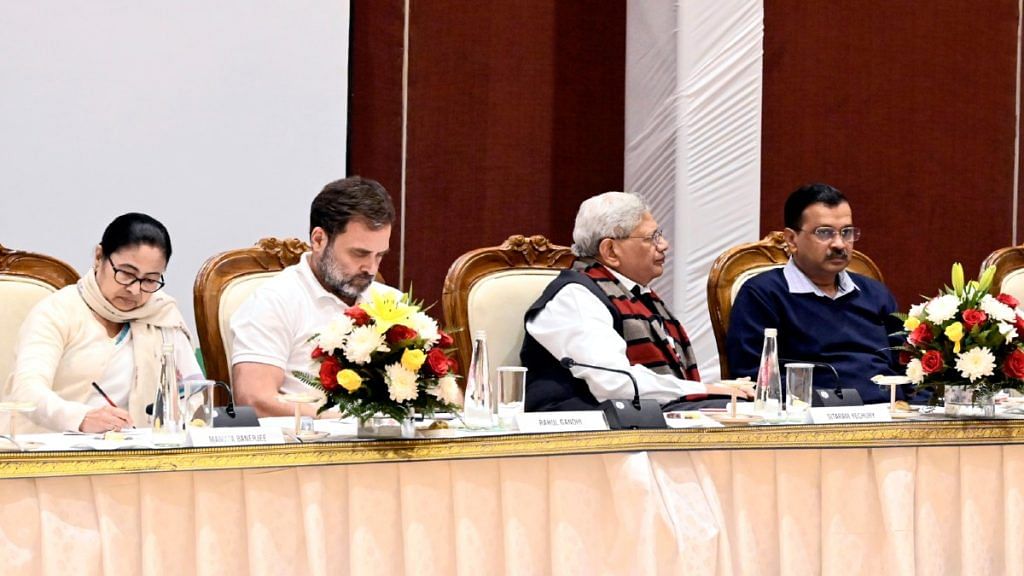New Delhi: The Communist Party of India (Marxist) leader Sitaram Yechury has slammed the proposal for ‘One Nation, One Election’ as “anti-democratic” in a statement.
He said that the proposal will run contrary to the spirit of the Constitution. Yechury disagrees with the terms of reference of the committee.
“We totally disagree with the terms of reference of this committee because it presumed that ‘One Nation, One election’ is possible and how to implement it. In our opinion, that presumption itself is wrong”, he added.
Yechury says ‘One Nation, One election’ is anti-democratic and anti-federalism.
“When a government loses its majority on the House floor, then its continuation is completely undemocratic”, he said.
Yechury was one of the leaders of the CPI(M) delegation that traveled to Delhi and met with the officials of the Central government to discuss the proposal.
He further said that ‘One Nation, One election’ is anti-democratic and anti-federalism.
“When a government loses its majority on the House floor, then its continuation is completely undemocratic.”
The Trinamool Congress (TMC) also sent a delegation to Delhi, including Chief Minister Mamata Banerjee. However, the Chief Minister of West Bengal stayed away from the meeting citing an emergency.
The High-Level Committee on One Nation One Election was held on 2 February, chaired by Ram Nath Kovind, the former President of India.
